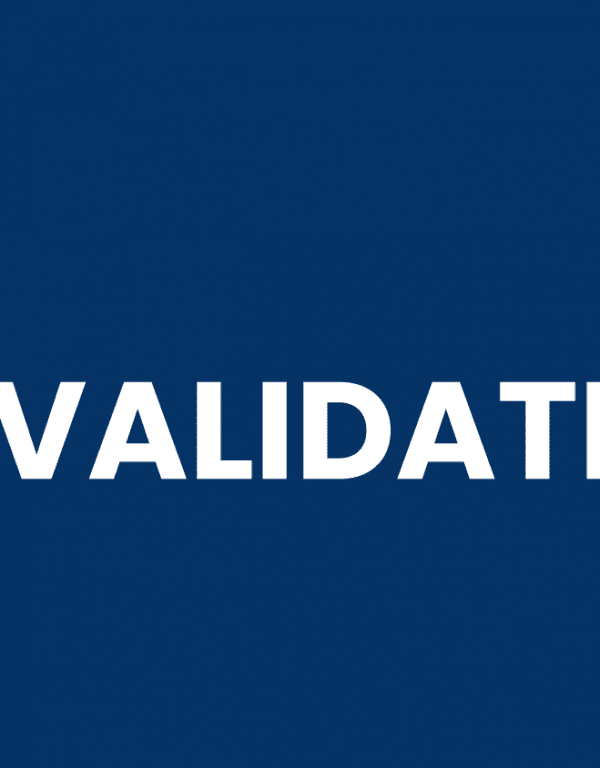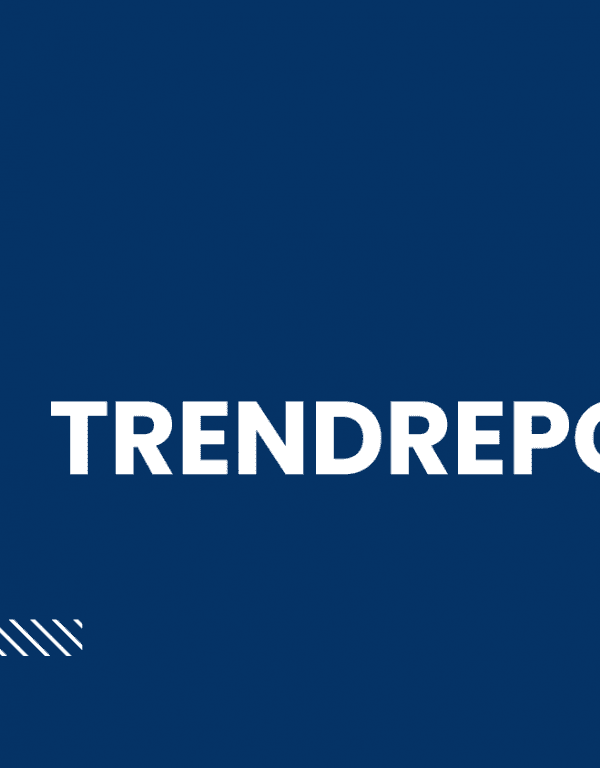
The blogosphere tends to be self-congratulating. But I think there’s one way the blogosphere is impacting mainstream media, particularly broadcast: because anchors can now provide useful perspective and draw conclusions.
CNN anchor Campbell Brown provides the latest example when she recently launched a rant that the McCain campaign should “Free Sarah Palin.” Brown’s point is that by limiting Palin’s access to journalists who are going about the usual process of vetting a candidate for national office, the McCain campaign is showing itself to be sexist because:
By treating Sarah Palin different from the other candidates in this race, you are not showing her the respect she deserves. Free Sarah Palin. Free her from the chauvinistic chain you are binding her with. Sexism in this campaign must come to an end. Sarah Palin has just as much a right to be a real candidate in this race as the men do. So let her act like one.”
Check out a post-rant profile in the New York Times: “Weighing In: An Anchor Tacks Toward Commentary.”
My point here isn’t about Palin, actually. It’s about whether news should be balanced. “Ms. Brown, 40, does concede that the kind of journalism she is now doing at CNN is less traditional than that taught at journalism schools,” according to the Times.
“As journalists, and certainly for me over the last few years, we’ve gotten overly obsessed with parity, especially when we’re covering politics,” Ms. Brown said. “We kept making sure each candidate got equal time — to the point that it got ridiculous in a way.”
“So when you have Candidate A saying the sky is blue, and Candidate B saying it’s a cloudy day, I look outside and I see, well, it’s a cloudy day,” she said. “I should be able to tell my viewers, ‘Candidate A is wrong, Candidate B is right.’ And not have to say, ‘Well, you decide.’ Then it would be like I’m an idiot. And I’d be treating the audience like idiots.”
The other way bloggers and the Internet have impacted mainstream media is that rise is articles that seek to fact check the campaigns’ ads and statements. I don’t think the level of lies about an opponent’s record or policies is much different from previous election years, but I do think there’s much more of this kind of fact checking, again, as the result of the Internet.
For PR executives, but here’s the point: until now, it’s fallen to pundits or columnists to draw actual conclusions — or reporters being interviewed by other media/outlets (recently I heard a great interview with the Times’ Gretchen Morgenson, who provided much more insight into the financial crisis during her NPR interview than her balanced article in that morning’s Times). But I think we will see continued blurring of the line between reporting and analysis/perspective, especially tech trade reporters.
I’m not sure if it’s a good or bad step.
But PR functions need to be aware of it, and adjust their media programs accordingly.



